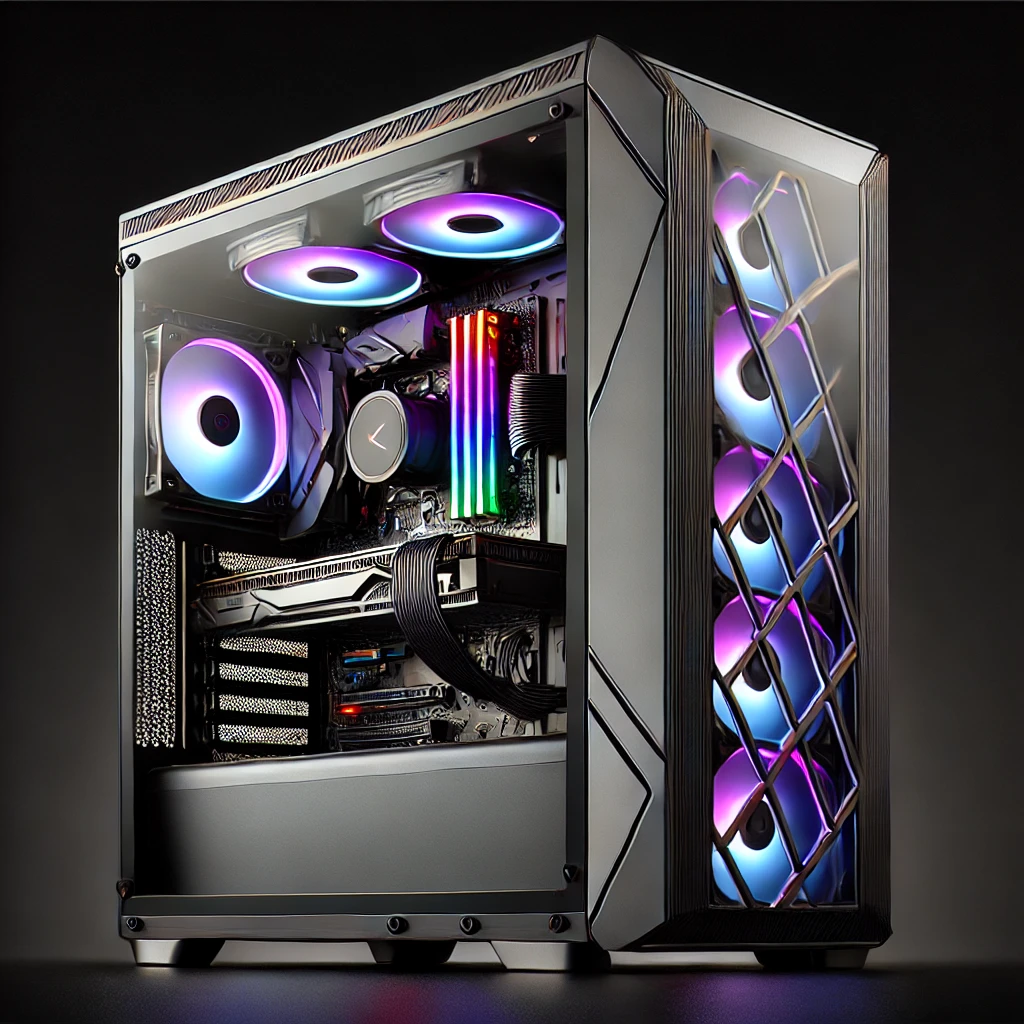Your cart is currently empty!

Our computers have become indispensable tools for work, entertainment, and communication. However, if you’ve noticed that your once-speedy computer has started to slow down, you’re not alone. Slow computer performance is a common issue that many people encounter. In this blog post, we, at Lithgow Tech Services, will explore five common reasons why your computer may be getting slow and offer practical solutions to help you get your PC back up to speed.
Software Bloat
One of the most common reasons for a slow computer is software bloat. Over time, as we install and uninstall various programs, our computers can become cluttered with unnecessary software and files. This can eat up valuable system resources and slow down your PC’s performance.
Solution: Perform regular software clean-ups. Uninstall programs you no longer use and remove unnecessary startup items. Additionally, consider using specialized software to help you identify and remove bloatware from your system.

Malware and Viruses
Malware and viruses are malicious software programs that can wreak havoc on your computer. They can slow down your system, steal your personal information, and even damage your files.
Solution: Invest in reliable antivirus software and perform regular scans. Ensure your operating system and all software are up to date with the latest security patches. If you suspect your computer is infected, seek professional computer repairs from Lithgow Tech Services to thoroughly remove the malware and restore your PC’s performance.
Insufficient Hardware Resources
As software becomes more advanced, it demands more from your computer’s hardware. If your computer’s hardware isn’t up to the task, it can result in slow performance.
Solution: Depending on your budget and needs, you may need to consider upgrading your computer’s hardware, such as adding more RAM or replacing an older hard drive with a faster solid-state drive (SSD). Lithgow Tech Services can help you assess your hardware and recommend cost-effective upgrades.
Fragmented Hard Drive
Over time, the data on your hard drive can become fragmented, meaning it’s stored in non-contiguous blocks. This fragmentation can slow down file access times and overall system performance.
Solution: Regularly defragment your hard drive or consider switching to an SSD, which doesn’t suffer from fragmentation issues. An SSD can significantly improve your computer’s speed and responsiveness.
Too Many Background Processes
When you start your computer, various background processes and applications may run automatically, consuming valuable system resources.
Solution: Use the “Task Manager” or “Activity Monitor” to identify resource-hungry processes and disable or uninstall unnecessary startup applications. This will free up system resources for essential tasks and improve your computer’s speed.
Conclusion
A slow computer can be frustrating, but with the right knowledge and proactive steps, you can significantly improve its performance. At Lithgow Tech Services, we understand that not everyone is tech-savvy, and computer issues can be overwhelming. That’s why we’re here to help. Whether you’re in Lithgow, NSW, or Katoomba, NSW, we provide expert computer repairs and tune-up services to get your PC running smoothly again.
Don’t let a slow computer hold you back from productivity and enjoyment. Contact Lithgow Tech Services today to schedule a computer diagnostic and tune-up. Our friendly and experienced technicians are ready to assist you, so you can get the most out of your computer without the frustration of sluggish performance. Say goodbye to slowdowns and hello to a faster, more efficient computing experience!
Discover more from LithGeek Custom Gaming Computers
Subscribe to get the latest posts sent to your email.
Posted
in
by

